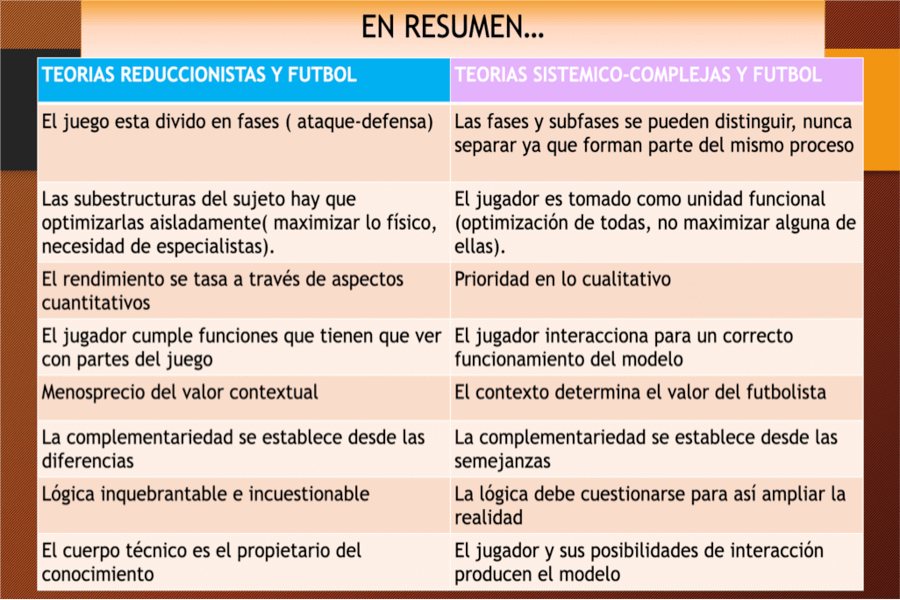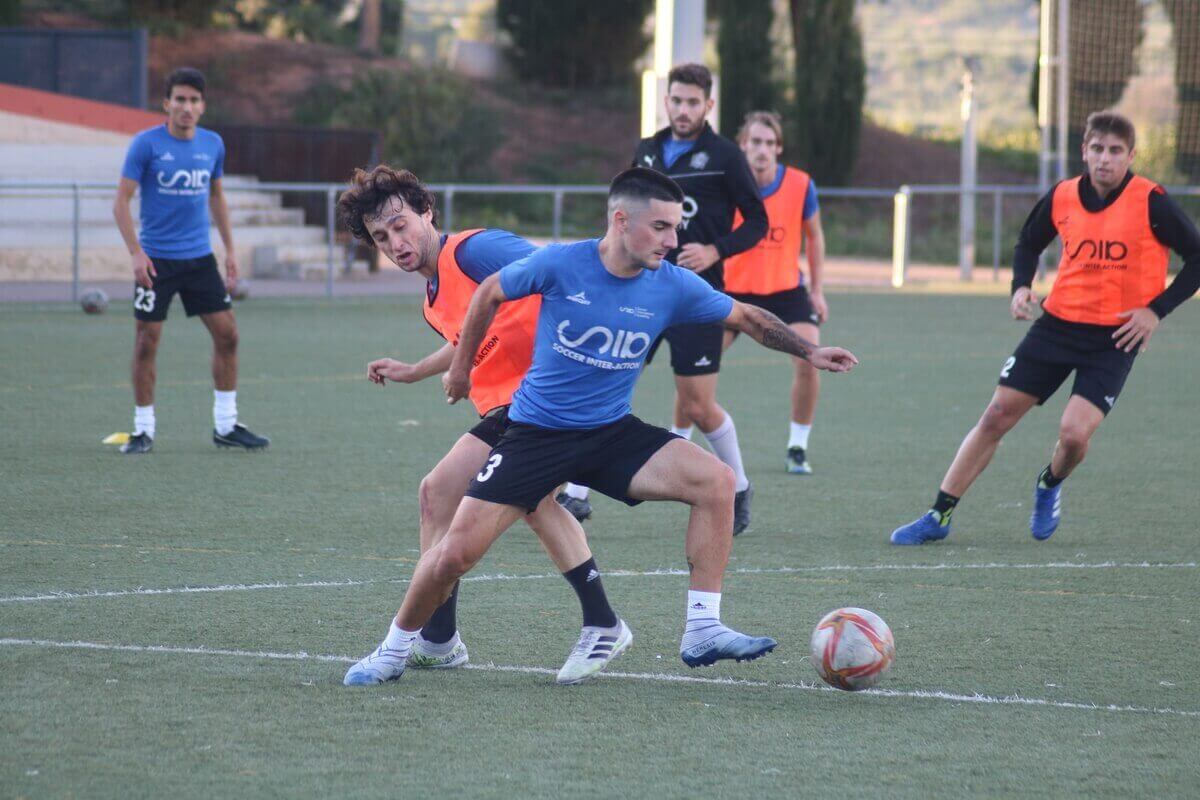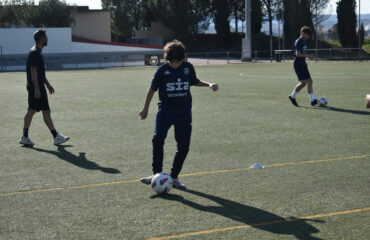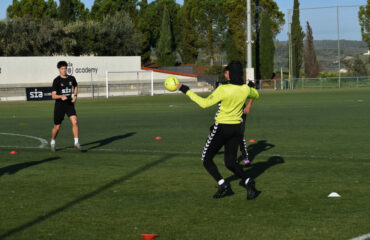The way we see and perceive reality will determine the way we see Football Coaching.
Do we all see and perceive reality/life in the same way? NO.
Do we all see the competition in the same way? NO.
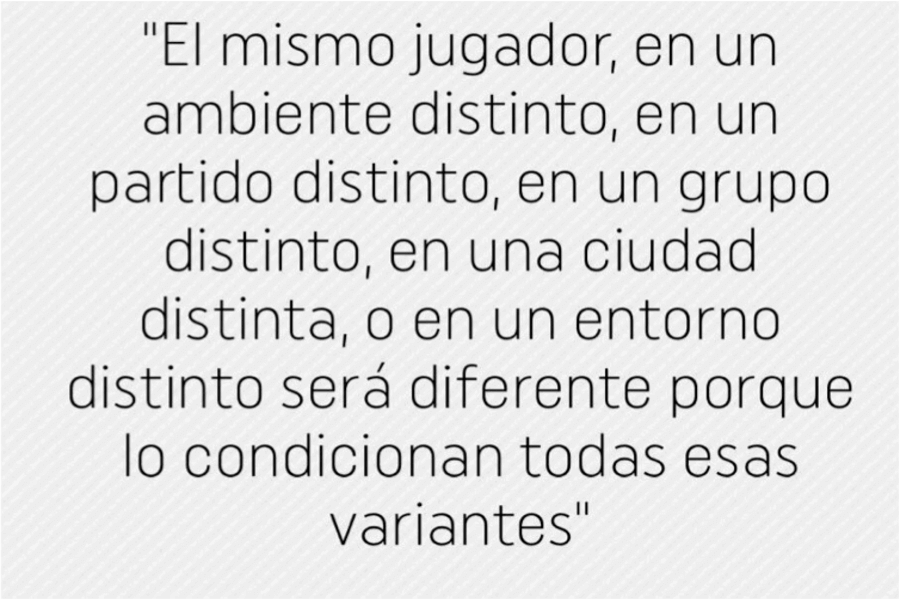
What is the difference between the global method and the analytical method?
Within these two schools of thought, we will try to analyse each of them and why at SIA Academy we believe in using both together in a methodologically sound way.
Reductionist Paradigm
- Priority over QUANTITATIVE VALUE
- Logic must NEVER BE QUESTIONED
- PREVISIBILITY Principle
- ANALYTICAL VIEW
- Principle of INDEPENDENCE – No interrelationships exist
- Principle of SUMMATIVE EMERGENCY – the + of the parts
is more than the Whole.
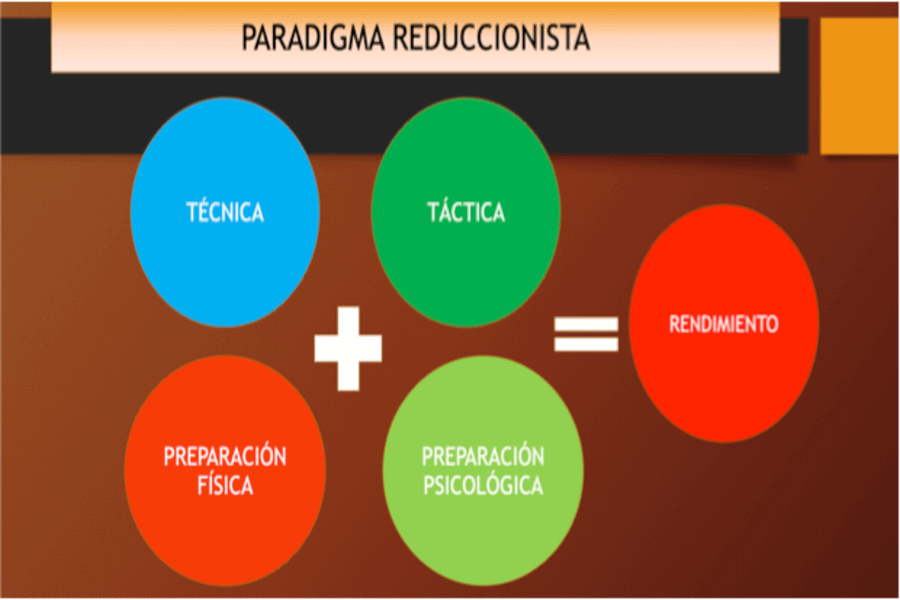
The reductionist paradigm understands the…Team: Sum of its players: what one does + what another does…= what the team does (we can train separately…).
The game: Attack and defence (transitions). We can train the parts separately: attack and defence. Sum of physical, technical, tactical, psychological… We can train each structure separately.
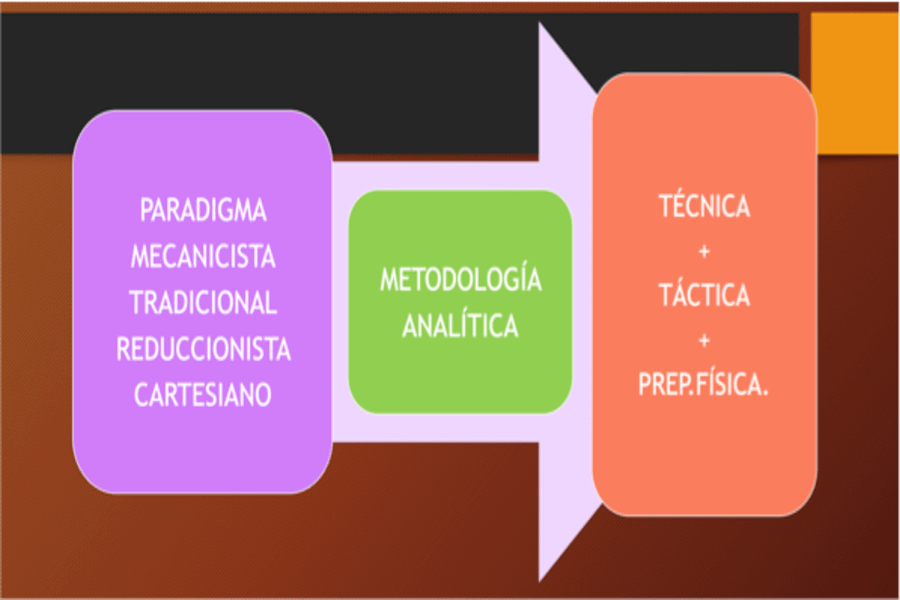
Systemic-complex paradigm
- Priority over QUALITATIVE VALUE
- Logic must be QUESTIONED
- UNCERTAINTY-IMPREVISIBILITY Principle
- Principle of GLOBALITY
- Principle of INTERDEPENDENCE
- SPONTANEOUS EMERGENCY Principle
In this way there is priority over the qualitative.
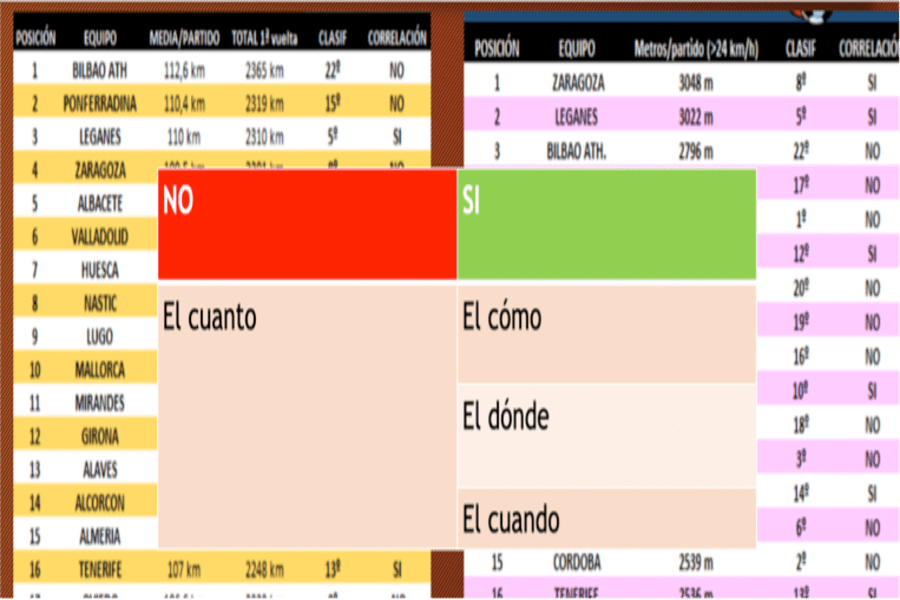
Principles of the analytical and global models in football
In football, logic must be questioned.
As Garganta (1999) states, football is a “game of opinions”, as there is a tendency to form subjective opinions about the factors that determine sporting performance (physiological, biomechanical, tactical, technical, strategic, conditional, psychological). This leads to the use of different sciences applied to physical activity and sport in order to explain sporting performance.

The organisation must have the capacity to rebalance, to process information, to ensure the production of new structures, in the face of the constant internal and external disturbances that occur (Cano, 2012).
Football, as a complex organisation, develops in an environment in which there are changing situations in the development of the competition. In order to develop easily and effectively, it is necessary to adapt and regulate to external factors, through peripheral or visual information and interacting through cooperation and opposition in a congruent manner with the different phases of the game, according to the respective objectives regarding the possession or not of the ball (Romero, 2005).

This complexity, due to the uncertain outcome, requires regulatory and adaptive responses to environmental influences through interactions between players, so that the team can organise itself to achieve its purposes, seeking to organise the maintained disorder of the game and some order to help decide in an environment that is not entirely predictable (Gréhaigne, 2001).
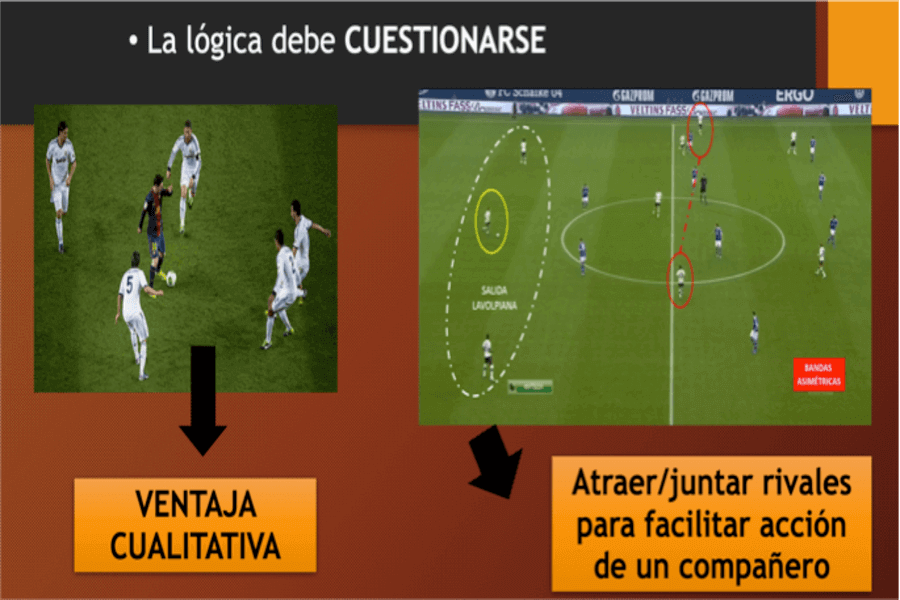
Principle of unpredictability in football
We are facing a collective game in which there is interaction with the rest, the other conditions me and I condition the other. We all condition the environment and the environment conditions us. We are all conditioned beings and at the same time conditioners.
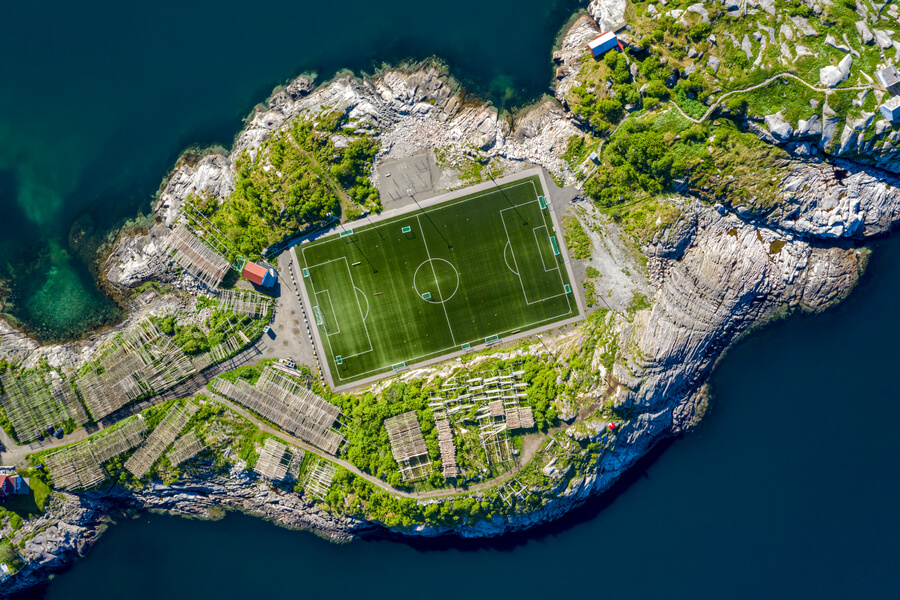
Can we encounter 2 identical situations? NO
And with similar situations? YES
Can we know WHAT to do in these similar situations? YES
, by training our game organisation, adapting to a specific but variable and unpredictable environment.
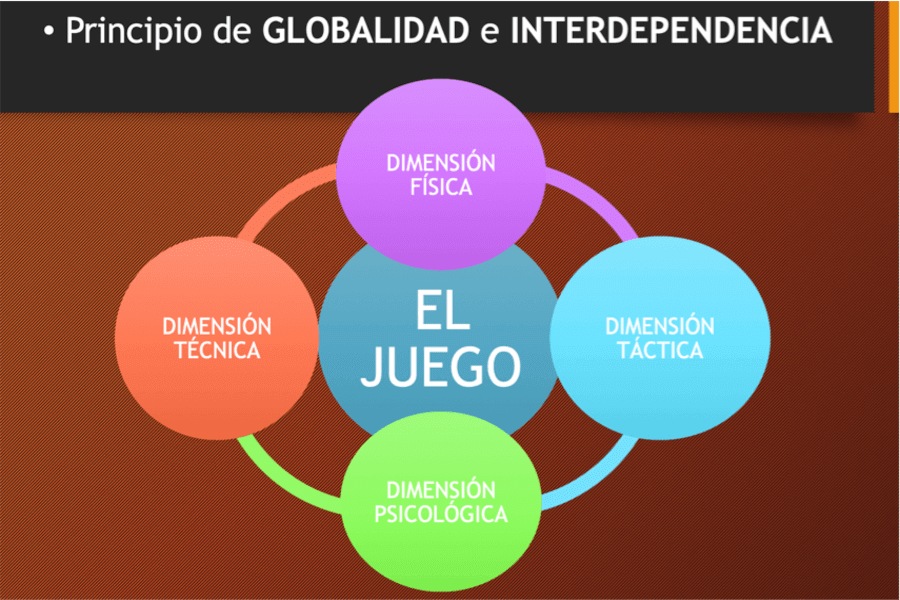
The player’s dimensions will be conditioned by the game and all of them will participate in his development and in how he faces the competition. This same competitive environment will condition our training tasks, the team and of course the player.
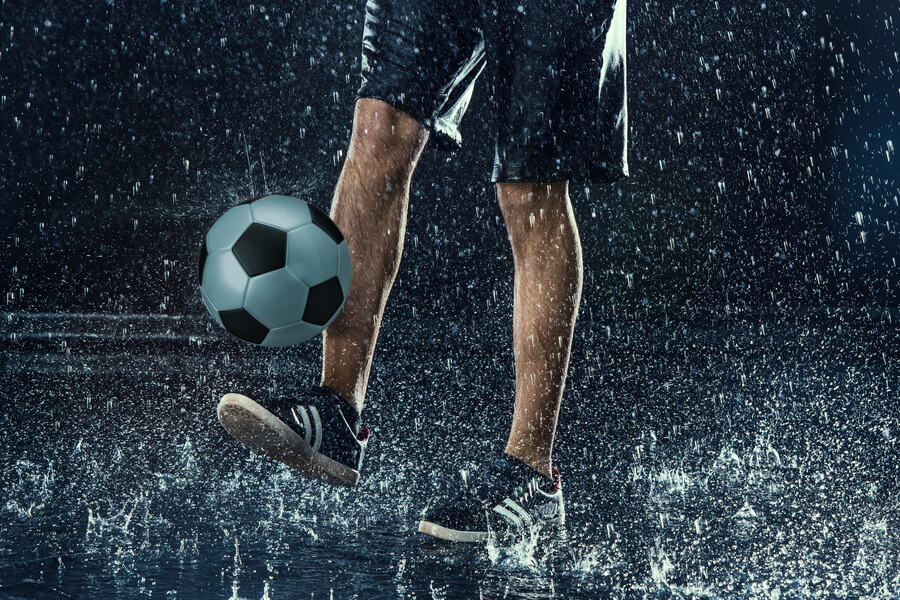
Principle of emergency in football
Emergence refers to those properties or processes of a system that cannot be reduced to the properties or processes of its constituent parts.

The concept of emergence is closely related to the concepts of self-organisation and supervenience, and is defined in opposition to the concepts of reductionism and dualism. It considers that “the whole is more than the sum of its parts”.
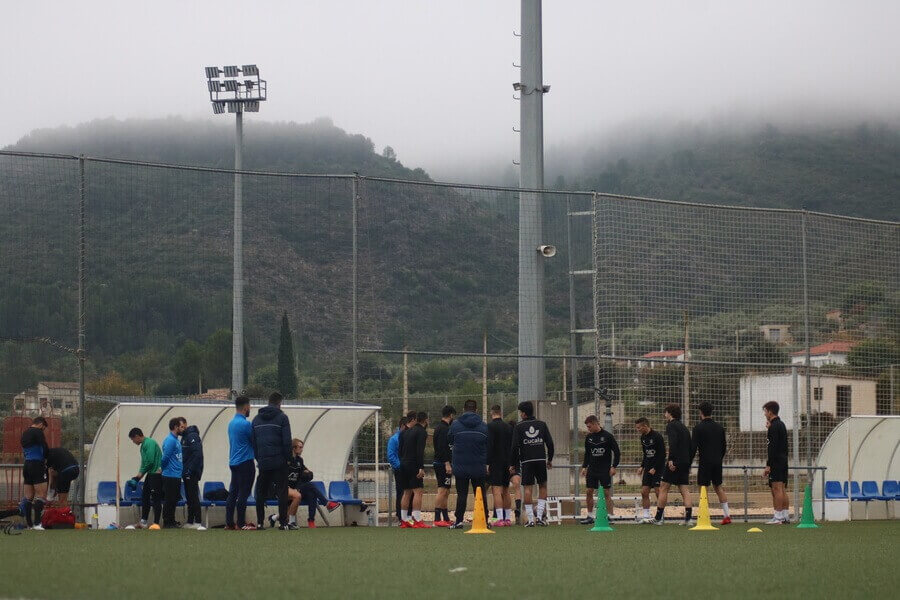
And from there, from this unpredictability and from our desire for synergies to emerge from the whole (team) to improve these parts (player), our methodology is born, which, without refusing the analytical, work which we believe is vital in the growth, development and transformation of the player.
We implement in our activations through a structured process on the HFM (fundamental movement skills), we prioritise that our identity emerges by putting the team at the service of the player, providing them with tools, generating facilitating contexts so that they can identify with a way of seeing training and the game, and so they can experience and feel it.
as a conclusion, the differences between both methods are significant.
